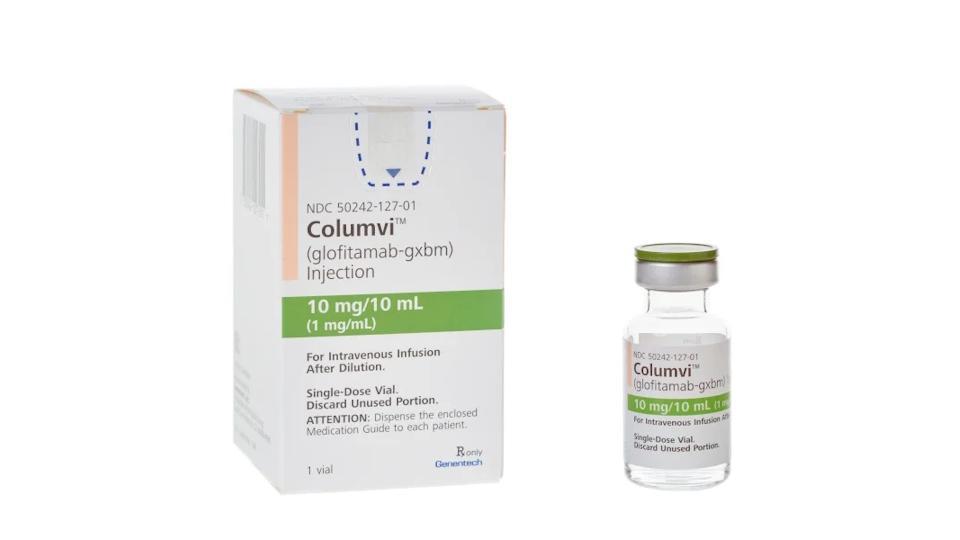ASH: MSD’s ROR1 drug hits the target in first-line lymphoma

The results of a phase 2 trial of MSD’s ROR1 inhibitor zilovertamab vedotin (zilo-V) back up the company's decision to push the antibody-drug conjugate (ADC) into a phase 3 programme.
Presented at the American Society of Haematology (ASH) conference, the waveLINE-007 trial tested three doses of zilo-V in combination with R-CHP chemotherapy as a treatment for patients with previously untreated diffuse large B-cell lymphoma (DLBCL).
The regimen achieved a 100% complete response rate in 15 patients treated with a 1.75mg/kg dose of zilo-V, which is what will be tested in MSD’s phase 3 trial programme, after an average follow-up period of nearly 18 months. The median duration of response (DOR) has not been reached for all patients, according to the drugmaker, and the total 12-month DOR was 93.5%.
That is the lowest of the three doses under test, and it is worth noting that toxicity was an issue for some patients taking 2.0mg/kg and 2.25mg/kg of the ADC, leading to treatment discontinuations and some cases of pneumonia and febrile neutropenia. For the 1.75mg/kg group, serious treatment-related adverse events (TRAEs) occurred in four patients (11%), including neutropenia, nausea, anaemia, and diarrhoea.
“There is a need for additional first-line treatment options to help patients with diffuse large B-cell lymphoma, since, unfortunately, approximately 40% still experience relapsed or refractory disease after initial treatment with the current standard of care,” said Dr Muhit Ozcan of Ankara University School of Medicine in Turkiye, the waveLINE-007 study’s principal investigator.
The data is "promising and support[s] further research in the first-line setting in a larger patient population to help address this significant unmet need for patients,” he added.
Zilo-V was added to MSD’s pipeline when it bought VelosBio for $2.75 billion in late 2020, as part of a drive to build its ADC pipeline, which has since ramped up even further via licensing deals involving Daiichi Sankyo and Kelun-Biotech.
It is one of a clutch of anti-ROR1 drugs coming through development from the likes of Oncternal, Cstone/Legochem, NovalGen, and Ipsen/Sutro Biopharma. Another candidate from Boehringer Ingelheim’s 2020 takeover of NBE Therapeutics (NBE-002) has been discontinued.
ROR1 is a cellular protein normally found in embryonic tissues, but absent in adult tissues. It does, however, occur in some malignant cells, raising the prospect of using it to deliver targeted cancer therapy. It is thought to inhibit programmed cell death (apoptosis) that should occur when cells become defective and has been associated with a wide range of solid tumours and haematological cancers.
MSD (known as Merck & Co in the US and Canada) is currently running two other trials of zilo-V, a phase 2/3 study in patients with relapsed or refractory DLBCL (waveLINE-003) and a phase 3 study in treatment-naïve patients with DLBCL (waveLINE-010).












